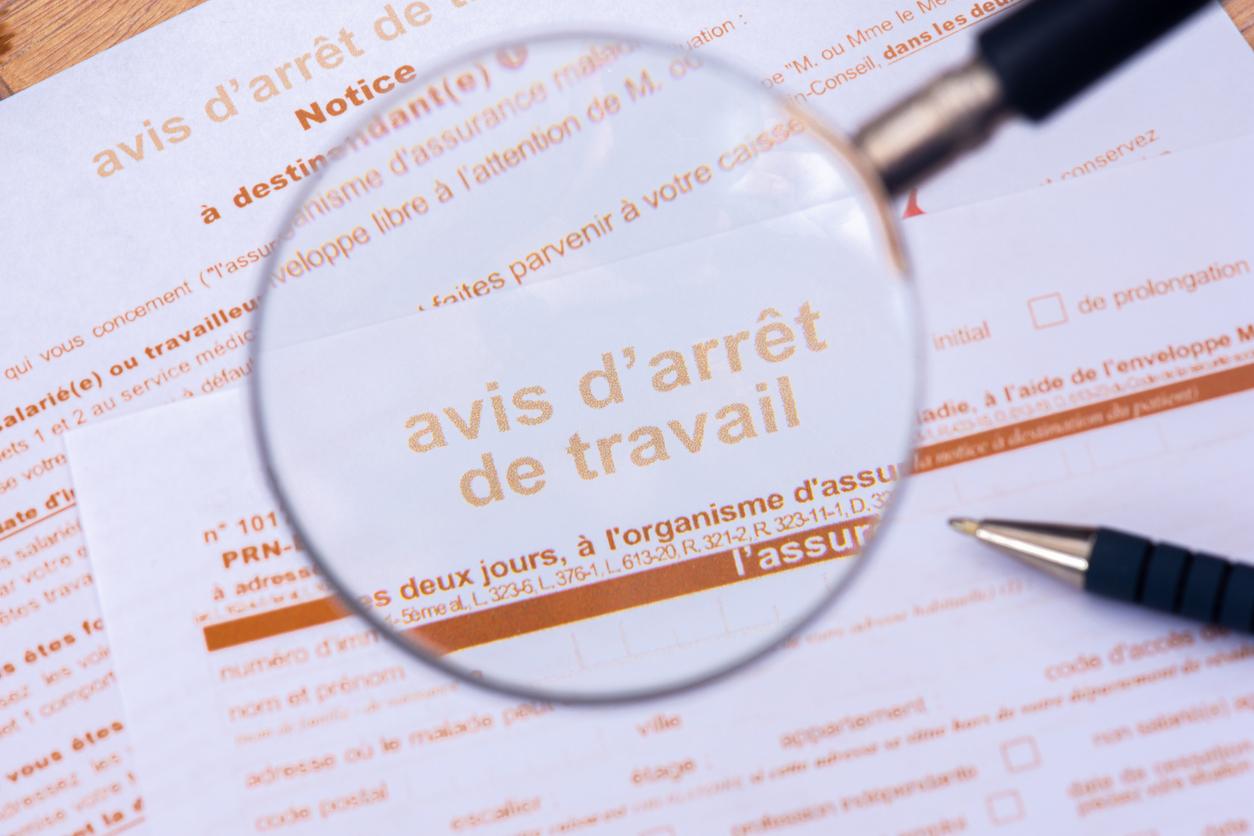As businesses resume operations, the feeling of unease and worry weighs on some employees. The National Institute for Research and Safety (INRS) offers solutions to limit the negative effects of the implementation of barrier gestures on the mental health of employees.

- Strict measures govern the return to work in companies
- The Institute for the Prevention of Occupational Accidents and Diseases has issued rules to ensure that these measures do not generate suffering at work
No more cafeteria, prevention posters against Covid-19 everywhere and never less than 1 m from his colleagues. The return to work is not really the one expected by some who were hoping for a “back to normal“. Yet the Covid-19 is still circulating. To help companies and their employees resume the course of their life in the office, the INRS (National Institute for Research and Safety for the Prevention of Workplace Accidents and Occupational Diseases) published a list of recommendations to prevent the sometimes anxiety-provoking cohabitation with the virus from turning into suffering at work.
More coaching
For the INRS to deny the impact of Covid-19 on the lives of employees and especially the company would be a mistake. The Institute strongly recommends to employers to multiply the steps of empathy and in particular to welcome each employee individually. “This reception time will make it possible to formalize the return and to identify complicated individual situations, to possibly offer personalized care, by the occupational health service, the human resources service, the social worker of the company. ..” proposes the Institute.
However, the proliferation of posters recalling barrier gestures or strips on the ground for the respect of safety distances can both reassure … and worry about their respect by colleagues. To anticipate these anxieties, the researchers advise taking the time to explain and train employees in these new work rules. They also recommend providing feedback on the working methods tested during confinement. “It will be a question of drawing lessons from the way in which the company and the work collectives have functioned, of valuing and preserving what has been virtuous and of pointing out the difficulties experienced by employees.” justifies the INRS. For researchers, this will be an opportunity to “value“the right steps”cultivate a sense of purpose” and perpetuate the methods that work.
Beware of the backlash of confinement
For the INRS, employers must give up making up for the loss of activity linked to confinement. “The health crisis has created a climate of uncertainty that has necessarily generated a certain psychological tension, a source of fatigue and concern. At the end of the crisis, employees will not be rested or relaxed, as if they were returning from vacation“recall the researchers. It is difficult in this context to ask too much of employees.
Not all employees experienced confinement in the same way: some were able to telecommute, others had to take risks, some received bonuses while others suffered pay cuts, etc. These different realities can create jealousies and tensions within companies. The researchers of the Institute strongly advise companies not to ignore these tensions which can deteriorate working conditions and therefore weigh on the mental health of employees.
More transparency
The health crisis has also turned into a financial crisis. INRS strongly recommends transparent communication on the company’s situation. “By providing them with factual elements on the progress of the companyexplain the researchers, its economic and social prospects, changes in organization and procedures, internal mobility, etc. This will reduce the feeling of insecurity.“Similarly, the Institute recommends communicating regularly on the deconfinement process in order to defuse rumours, interpretations or fears… even if it means assuming that you don’t know everything.
Transparency which must also be exercised with the public – if the company’s activity has this dimension. This also makes it possible to defuse impatience or aggression from the public in the face of degraded service.
Overall, INRS recommends strengthening social dialogue within companies and involving staff representative bodies as much as possible to reduce the feeling of insecurity among employees. “Staff representative bodies must be involved as much as possible in the design and implementation of deconfinement procedures because these procedures will have a significant impact in terms of health and safety, but also in terms of conflict prevention and psychosocial risks.“says the INRS.
.
















